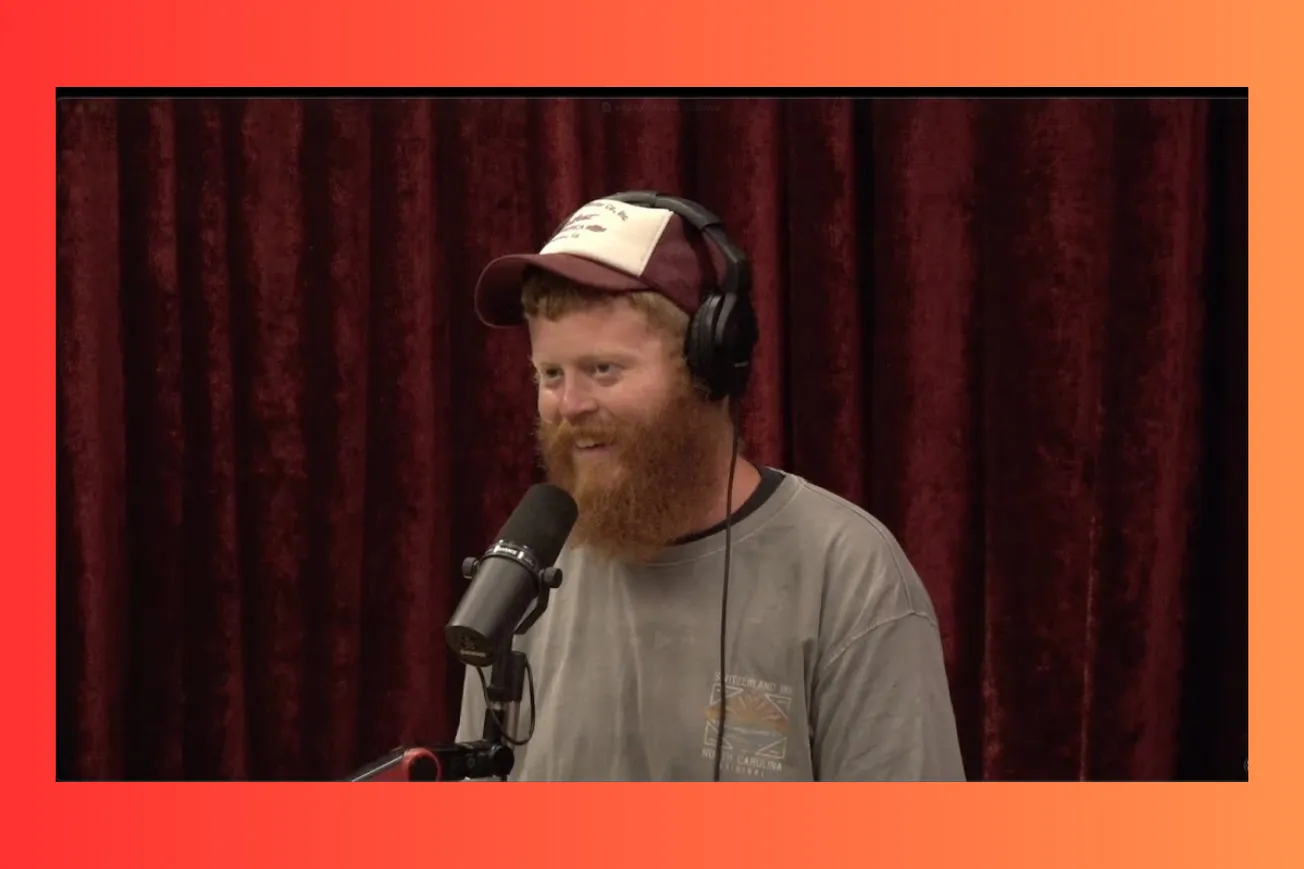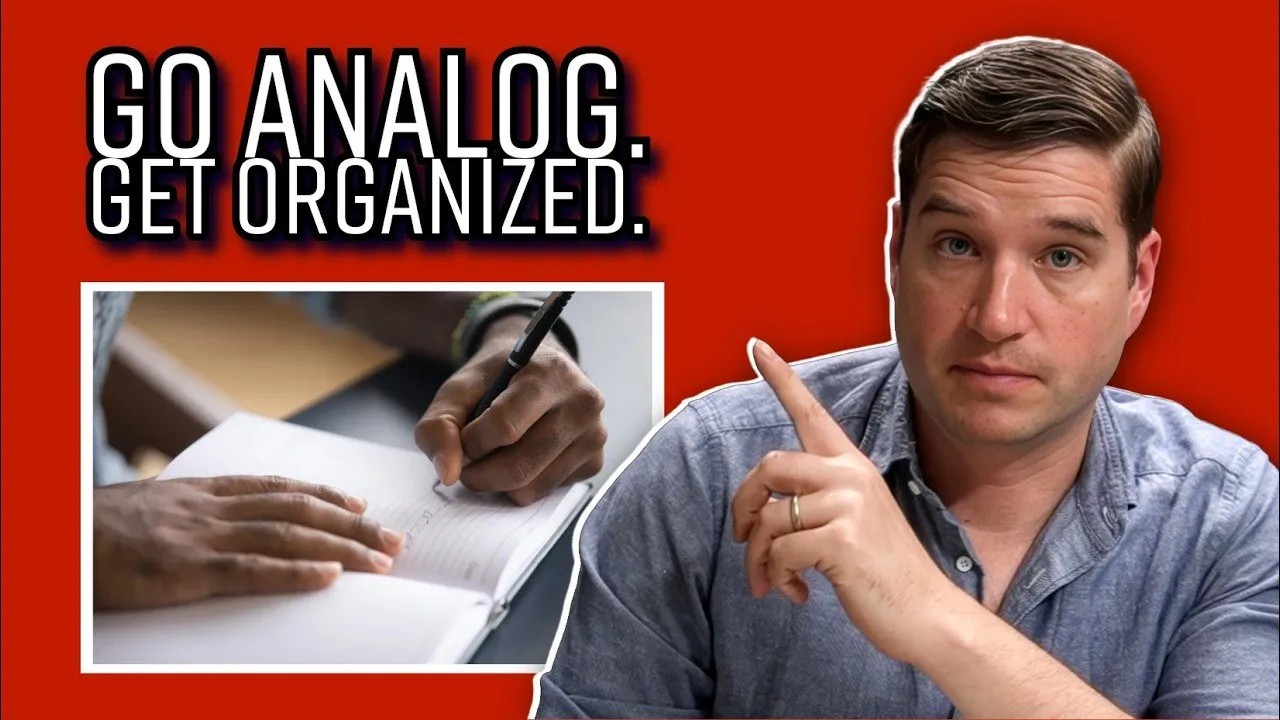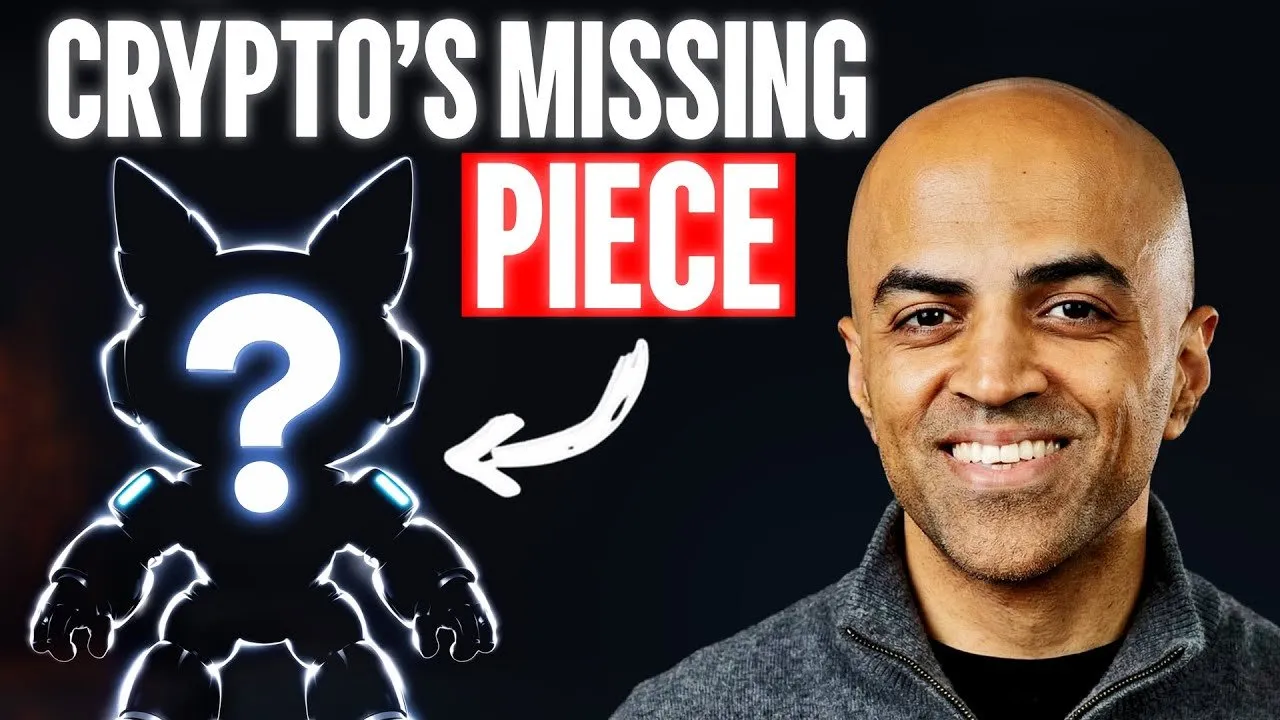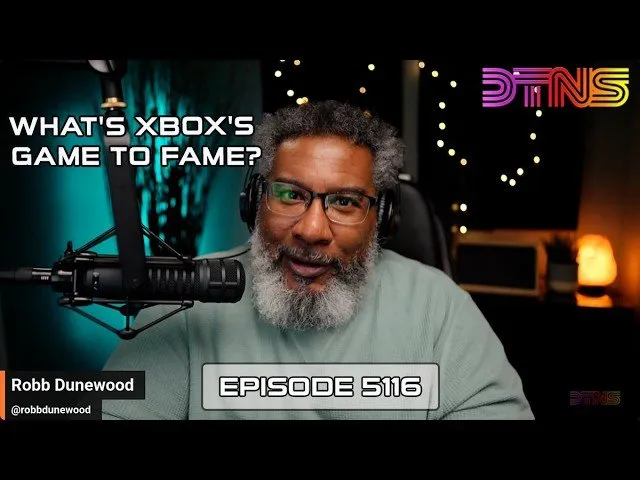Table of Contents
Oliver Anthony opens up about his new hit "Scornful Woman," staying independent in the music industry, and why authenticity trumps corporate control every single time.
Key Takeaways
- Oliver Anthony recorded his latest song "Scornful Woman" during a winter storm using generator power, embodying his commitment to authentic, unpolished music creation
- He maintains 100% ownership of his publishing and music rights, deliberately avoiding major label deals that could compromise his artistic vision
- The artist plans to help other independent musicians break through by sharing industry knowledge and creating non-predatory platforms for emerging talent
- Anthony believes we're in a unique window where regular people can still organically push content to the top, despite corporate manipulation and bot activity
- His songwriting process is deeply personal and spontaneous, with "Scornful Woman" being written in just minutes during a late-night kitchen conversation
- The musician advocates for real-world community building over digital interaction, seeing technology as both a tool and a potential trap for human connection
The Storm That Forged a Hit Song
Recording music has become increasingly sterile and over-produced, but Oliver Anthony took the opposite approach with his latest track. When January weather knocked out power at his West Virginia recording location, most artists would have packed up and gone home. Instead, Anthony and his team hauled a Honda inverter generator through snow and ice to keep their equipment running.
This wasn't just about completing a recording session. It represented everything Anthony stands for in his approach to music creation. While Nashville studios polish tracks with endless editing and click tracks, he chose to capture the raw energy of musicians playing together in real time, imperfections and all.
- The recording took place during one of the worst storms since the 1990s, according to his collaborator Draven
- They had to use side-by-sides and jeeps to transport equipment up and down to the house
- The generator setup required special inverter technology to safely power expensive recording equipment
- Billy Contras, who tours with Ricky Skaggs, played fiddle on the session during his only available window
The result speaks for itself. "Scornful Woman" captures an authenticity that's nearly impossible to manufacture in traditional studio settings. There's something haunting about knowing the track was born from adversity, with artists huddled around instruments while a generator hummed outside and wind howled through the mountains.
Breaking Free from Industry Shackles
Anthony's relationship with the music industry reveals just how broken the traditional system has become. When he wanted to whitelist reaction video creators so they could monetize their "Scornful Woman" content without copyright strikes, Warner Chapel refused. Their reasoning? "It's for your protection."
This wasn't actually about protection. It was about control and collecting every possible penny, even from small creators who were organically promoting Anthony's work. The irony is staggering - a publishing company blocking the very promotion that drives long-term revenue because they're fixated on short-term collection percentages.
- Warner Chapel takes 9% of Anthony's publishing for overseas collection services
- He had to involve attorneys and spend $4,000 just to get a 30-day whitelist for reaction video creators
- The company treated his request like he was asking them to cut grass in a forbidden zone rather than make a simple business decision
- Most artists never even attempt to fight these policies, accepting industry gatekeeping as inevitable
Anthony's solution was brilliant in its simplicity. He started releasing music through TikTok's distribution arm, SoundOn, which gave him the flexibility to make his own decisions without music industry interference. They're social media people, not music industry veterans stuck in outdated thinking patterns.
This shift represents something bigger than one artist's frustration. It's a blueprint for how creative people can route around traditional gatekeepers entirely.
The Art of Authentic Songwriting
Real songwriting happens when something needs to come out, not when a marketing team decides it's time for new content. Anthony's creative process for "Scornful Woman" perfectly illustrates this principle. Sitting around a kitchen table at 3 AM with friends Draven and Joey, the conversation turned to writing techniques.
Anthony's advice was simple but profound: figure out what you're going to write about, and it has to be something you feel deeply, not just something you can articulate. Within minutes, they had their subject. The song emerged from shared experiences of difficult relationships, tapping into emotions that every guy has navigated at some point.
- The entire song was written in two or three minutes during that kitchen conversation
- It draws from collective experiences rather than trying to manufacture universal appeal
- The writing happened organically during a period when Anthony was isolating and processing personal challenges
- Multiple band members contributed to the emotional foundation, making it genuinely collaborative
This approach stands in stark contrast to Nashville's song factory mentality, where writers are expected to pump out 20-30 tracks per week to meet industry demands. That kind of pressure inevitably leads to formula and artificiality, or worse, dependence on AI assistance to maintain impossible quotas.
Anthony suspects AI is already deeply embedded in mainstream music production, from caption writing to melody generation. The big hot songs dominating charts likely have algorithmic fingerprints throughout their creation process, even if artists aren't advertising that fact.
Technology's Double-Edged Promise
The conversation reveals Anthony's nuanced understanding of technology's role in modern life. He recognizes we're living through a unique moment where ordinary people can still organically push content to viral status, despite bot armies and corporate manipulation. But this window won't stay open forever.
Right now, the same AI systems that tech companies are using to extract data from human behavior also give regular people unprecedented access to tools and platforms. Independent artists can hire social media specialists, work with music distributors, and reach global audiences without signing away their rights to major labels.
- All the tools that labels used to control exclusively are now available à la carte to independent artists
- Social media algorithms still respond to genuine organic engagement, though this is changing rapidly
- The current system requires feeding the machine with our data and attention, but we get access to powerful platforms in return
- Anthony predicts this balance will shift as AI becomes more sophisticated and controlling
The challenge is recognizing the trade-off. Every interaction with social platforms provides data that makes AI systems smarter and more manipulative. We're essentially training our future overseers while gaining temporary access to their tools.
Anthony's solution involves stepping back from constant digital engagement. He removed all social media apps from his devices and only engages when working directly with his team. This creates mental space for creativity while avoiding the low-level anxiety that comes from endless scrolling.
Building Real Community in a Digital World
Perhaps Anthony's most important insight involves the difference between digital and physical community building. Online interaction, no matter how sophisticated, lacks the depth and nuance of face-to-face relationships. You can't solve real problems through text messages and social media arguments.
His vision for healing centers and community spaces reflects this understanding. By creating physical venues where people can disconnect from digital chaos and reconnect with nature, music, and each other, Anthony wants to provide alternatives to our increasingly online existence.
- Every human being connects with music, food, and socializing at some basic level
- Physical community spaces can't be "molested and preyed upon" by corporate algorithms and data harvesting
- Natural environments help people process the complexity of modern life by providing unchanging reference points
- Music venues outside major corporate control can serve as community anchors
The plan involves creating blueprints for independent venues in smaller markets, complete with staging, promotion, and operational guidance. These spaces would exist parallel to the Live Nation/Ticketmaster monopoly, offering artists and audiences genuine alternatives to corporate-controlled entertainment.
This isn't just about music venues. It's about creating pockets of authentic human interaction in a world increasingly mediated by screens and algorithms.
The Path Forward for Independent Artists
Anthony's long-term vision extends beyond his own career success. He wants to use his platform and resources to elevate other independent artists who have talent but lack industry connections. This means finding people with 100 followers on TikTok who have "what it takes" and providing them with the support structure to break through.
The approach involves more than just financial backing. It's about sharing knowledge that typically stays locked within industry circles, from publishing strategies to tour promotion to digital distribution techniques. Most importantly, it means helping artists avoid the predatory contracts that turn creative people into corporate assets.
- Major labels often approach artists after just 30,000 views, seeking to control emerging talent before it grows
- Traditional record deals are essentially loans that artists must pay back before seeing real profits
- Independent artists can now access most industry services without surrendering ownership rights
- Building networks of independent artists creates collective bargaining power against corporate gatekeepers
Anthony's model proves that artists don't need major label machinery to reach large audiences and build sustainable careers. By maintaining control over his music and being selective about business relationships, he's created more artistic freedom and financial security than most label artists ever achieve.
Music as Cultural Revolution
The deeper conversation reveals Anthony's belief that authentic music can serve as a catalyst for broader social change. When people hear real stories from real experiences, it cuts through the manufactured division and manipulation that characterizes so much of modern media and politics.
Music has always been a way for ordinary people to process shared experiences and find common ground across artificial boundaries. But when corporate entities control what songs get promoted and what stories get told, that power gets redirected toward profit rather than human connection.
Anthony sees his success as proof that people are hungry for authenticity and will actively support it when given the chance. The disproportionate rate at which his fans purchase rather than just stream his music demonstrates genuine investment in his artistic vision rather than passive consumption.
This represents something bigger than entertainment preferences. It's evidence that regular people can still recognize and reward authentic expression over manufactured content, despite being constantly bombarded with algorithmic manipulation designed to shape their choices.
The key is providing alternatives and showing people they have more power than they realize to influence culture through their support decision.





